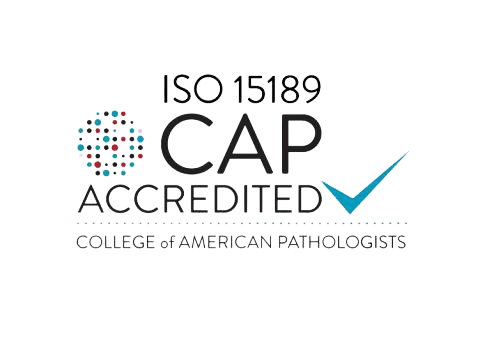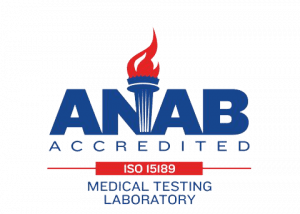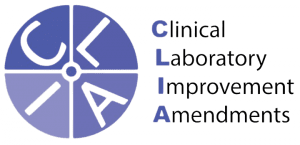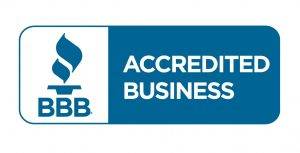
Do DNA tests show both parents?
Depending on your type of DNA test, there are possibilities in the process you may not account for. Tests that test the DNA shared between a child and a parent can have a low chance of offering a false positive or come back inconclusive. However, when it comes to the modern DNA testing process, the chance of something being wrong or misleadingly inaccurate is less than a 10% chance. Day by day, when the process is done correctly the tests get more accurate. This is due to the wealth of information available to testers and the advanced technology used to examine the DNA. For ancestry testing, in particular, there is a process the tester will put the DNA through that picks up similarities with people that had lived in the places the DNA can be traced back to.
When it comes to parents, or paternity and maternity testing, a child will get 50% of their DNA from each. If the child knows one parent, the test gets extremely easy. Furthermore, DNA testing can exclude those that are not the father or mother by 99 to 100%. Ancestry testing in this regard can also help by putting the genetic information in a database and matching it to those that it has the reference to. It narrows down the search and can greatly assist the endeavor of finding a blood relative. If you are in need of ancestry or paternal testing, call (800) 219-4362 to schedule your appointment and get the process started.
What can someone do with your DNA?
When it comes to the legality of using DNA against a person, the Genetic Information Nondiscrimination Act prevents any health care company or employer from using and/or referencing genetic material in the process of employment or coverage. The act of gene theft is the action of someone acquiring your DNA without your knowledge or against your wishes. Some companies may have an interest in the information about you, which includes your genetic material, but it is an invasion of privacy when done in a malicious manner and can lead to legal issues.
When it comes to a crime in which you are the victim, your DNA can be accessed by health officials and involved law agencies. This can be done without a warrant and it is located in your health record. This is generally due to if something were to happen to you, health providers can have a better picture about who you are while police can gather information better through that window.
Paired with your other health documents and if it is in a legal database, this can inform either the police or health providers a great deal such as:
- Diseases you may have
- Information about your identity
- Association with different conditions
While the police department would be using it in reference to a crime, doctors and nurses would use it to piece together treatments for you or to help them in finding your health records.
Can a Saliva DNA test be wrong?
While saliva DNA tests are generally accurate, there’s a small chance of error due to factors like contamination or sample collection issues. Reputable testing companies minimize these risks, but it’s essential to follow instructions carefully. If in doubt, consult a genetic counselor or healthcare professional.
Can you share DNA and not be related?
Normally, DNA is shared through paternal and maternal lines, a person would not normally share random strangers DNA if they are unrelated. When members of the family get DNA testing, the general consensus is that grandparents share with you around 25% of your genetic material while cousins can share around 13%. As a person’s line is less direct to you, so is there DNA by a wide margin. As mentioned, DNA testing in that regard tells you who you are not related to. When it comes to a person of no relation to yourself, you will find that you share no similarity if both of you were to get DNA testing.
There’s a common misconception that mouth swabs can lead to incorrect or inaccurate results in terms of DNA testing. Unlike other kinds of tests, contamination will not have any real consequence besides the loss of that specific test. The lab will at that point simply ask for another swab of the person getting tested due to the conditions being recognizable and the DNA that was originally sent being unreadable.

What diseases can genetic testing find?
Genetic testing can find a wealth of diseases a person may have, but it does not necessarily mean the person does have the disease their parents or ancestors had. There is a multitude of explanations for this, but one can be described as the test recipient has a bodily makeup that either resists the disease, the disease lays dormant in that person, or it simply does not pass on. DNA testing can determine such diseases the test taker may have like:
- Autoimmune diseases
- Estimates risk for common diseases
- Status for diseases found in the bloodstream or tissue
You can figure out if you are resistant to some diseases when of course the disease is well recognized. Diseases like Alzheimer’s and Parkinson’s can also be caught with DNA testing, though it is more so a test dictating you are more or less likely to have it on some occasions. We recommend speaking to an expert on the subject that can offer more information call (800) 219-4362 today to set up your appointment and get your DNA testing done with us.



















